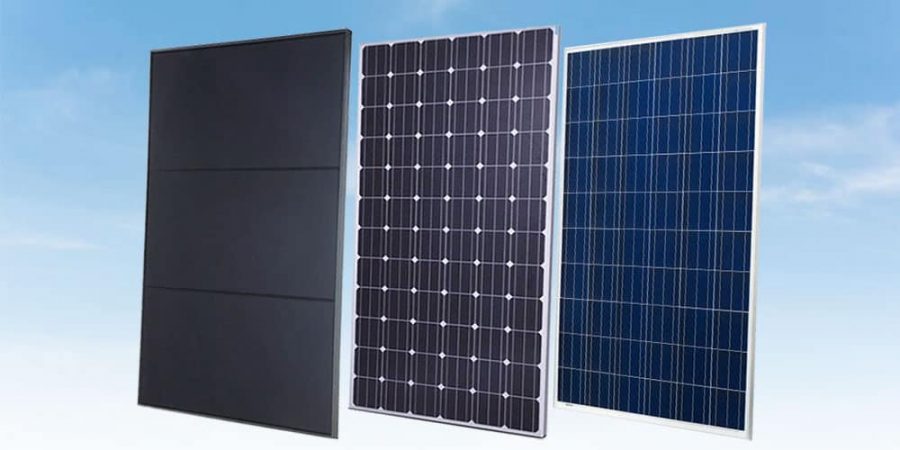Improving the efficiency of solar panels can lead to increased energy production and better returns on your investment. Here are some strategies to enhance the efficiency of your solar panel system:
- Choose High-Quality Panels: Start with high-quality solar panels from reputable manufacturers. Monocrystalline panels are generally more efficient than polycrystalline panels.
- Maximize Sunlight Exposure: Properly install your solar panels to receive maximum sunlight exposure. This includes optimizing the tilt angle and orientation (usually facing south in the Northern Hemisphere) to ensure panels receive sunlight at the most effective angle.
- Regular Cleaning and Maintenance: Keep the solar panels clean from dirt, dust, leaves, and debris that can block sunlight. Regular maintenance ensures optimal performance.
- Utilize Tracking Systems: If possible, invest in tracking systems that follow the sun’s movement throughout the day. Single-axis or dual-axis tracking systems can significantly increase energy production.
- Advanced Materials and Technologies: Research and invest in solar panels that utilize advanced materials and technologies, such as bifacial panels (which can capture sunlight from both sides) or PERC (Passivated Emitter Rear Contact) cells.
- Micro-Inverters or Power Optimizers: Consider using micro-inverters or power optimizers. These technologies optimize the performance of individual panels, ensuring that shading or degradation of one panel doesn’t affect the entire system’s output.
- Anti-Reflective Coatings: Some panels come with anti-reflective coatings that enhance light absorption and minimize reflection losses.
- Cooling Solutions: Excessive heat can reduce the efficiency of solar panels. Using cooling solutions, such as passive cooling techniques or specialized coolants, can help maintain optimal operating temperatures.
- Regular Inspections: Regularly inspect your solar panel system for any issues like shading, wiring problems, or physical damage that can affect efficiency.
- Energy Storage: Consider incorporating energy storage systems, such as batteries, to store excess energy generated during sunny periods for use during cloudy or nighttime hours.
- Efficient Inverter Selection: Choose inverters with high efficiency ratings. Inverters convert the DC electricity generated by the panels into AC electricity for use in your home.
- Energy Efficiency Upgrades: Pair your solar panel installation with energy-efficient appliances, LED lighting, and insulation upgrades to reduce overall energy consumption.
- System Design Optimization: Work with a professional to design the solar panel system to match your energy needs. Oversizing or undersizing the system can impact efficiency.
- Net Metering: If available in your area, take advantage of net metering programs, which allow you to sell excess energy back to the grid.
Remember that the efficiency gains from each of these strategies can vary based on factors like location, climate, system size, and technological advancements.


